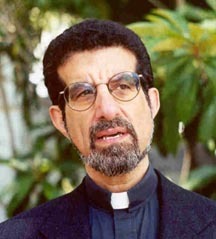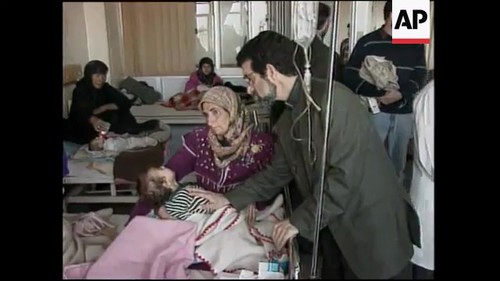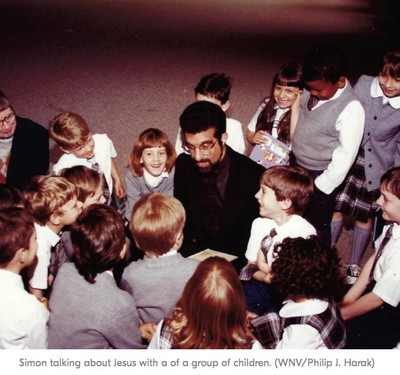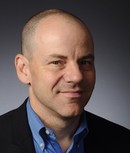In 2003, Michael John Carley founded the world’s largest membership organization for adults anywhere on the autism spectrum (GRASP), and after serving ten years as its Executive Director, he left in 2013. He simultaneously was the first Executive Director for ASTEP (now, “Integrate”) from 2011-2014, which integrated spectrum college grads into Fortune 500 internships in New York City. As a school consultant he advised the NYC Department of Education for 10 years on the side, and he now consults all over the world. His books have all been received with rave reviews, and 30+ of his 50+ articles were for the “Autism Without Fear” column he had with the Huffington Post. He’s been in documentaries, and been covered by every major media outlet. As a speaker, his presenter schedule in 2018 alone included keynoting autism conferences in Malaysia, Argentina, Canada, and Australia. He has addressed the UN, and was one of two people on the spectrum to testify at congress’ first-ever hearings on autism in 2012. Among his many awards, he was the first ever “FAR Fund Fellow,” as well as the 2011 Columbia University Center for Bioethics’ Herbert Cohen Lecturer. Lastly, he sits on the Board of NEXT for Autism (best known as the producers and beneficiaries of HBO’s “Night of Too Many Stars”).
Along with his older son, he was diagnosed with Asperger’s Syndrome in 2000, and re-evaluated under the (then-new) DSM-5 in 2014, he was diagnosed with Autism Spectrum Disorder. For more information you can go to http://www.michaeljohncarley.com.



 AP file footage. Late 1990s (Click on image for video)
AP file footage. Late 1990s (Click on image for video)

